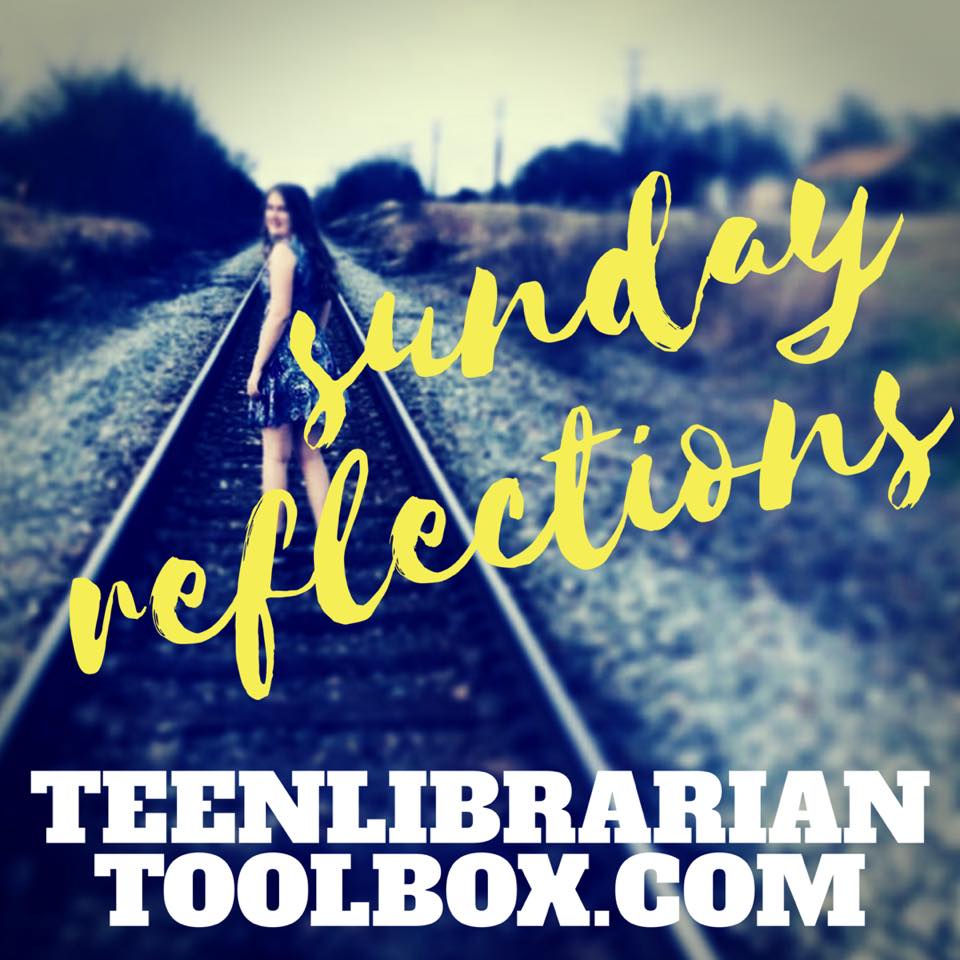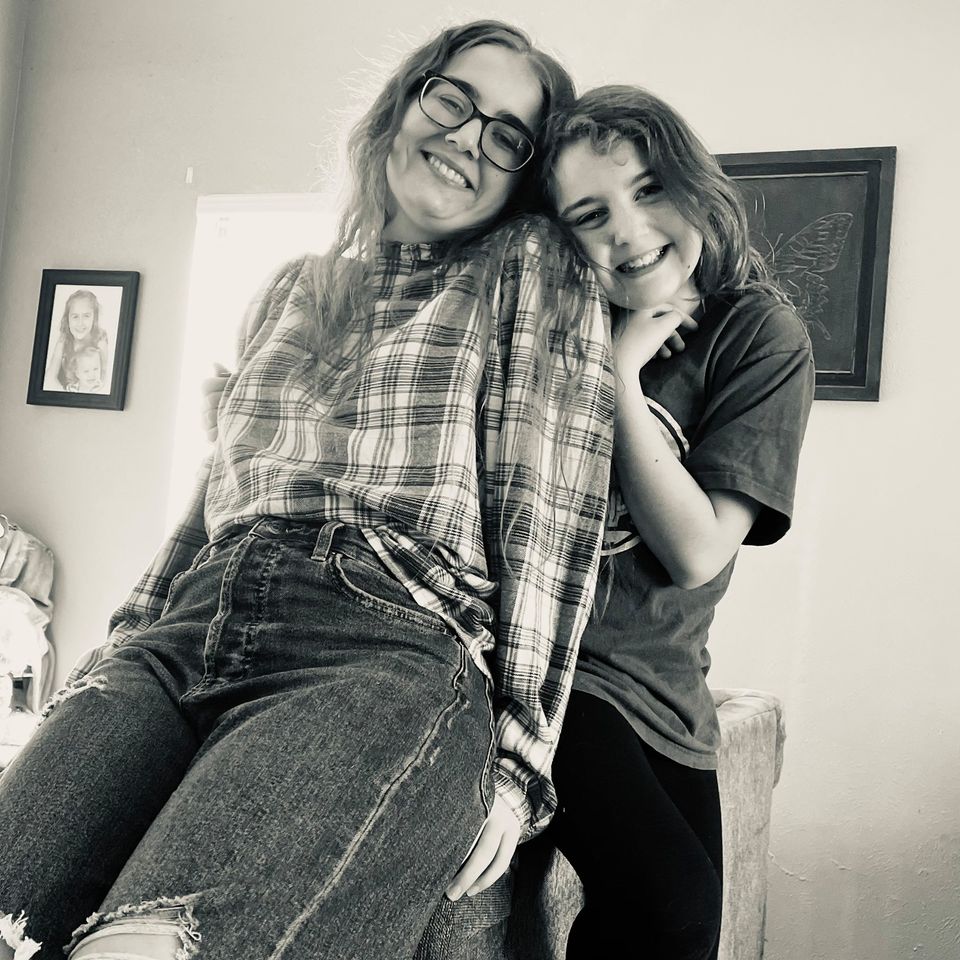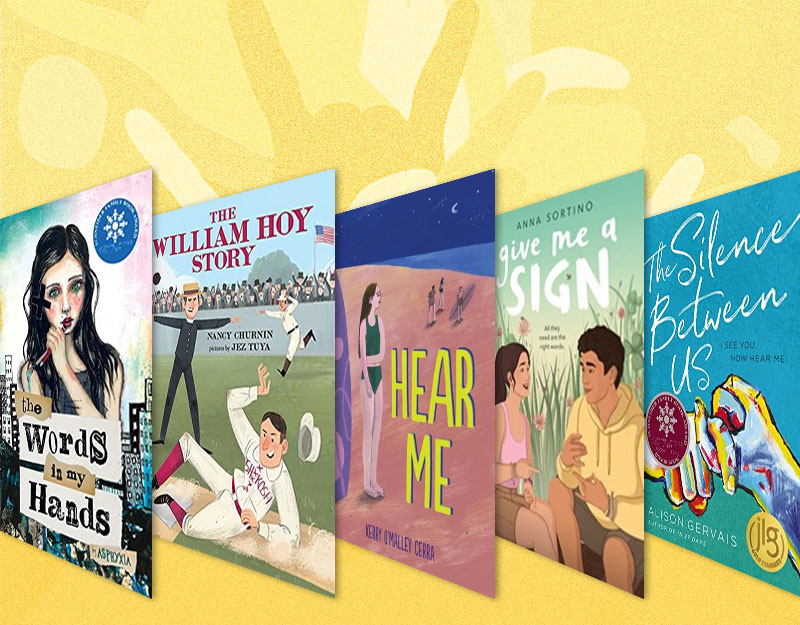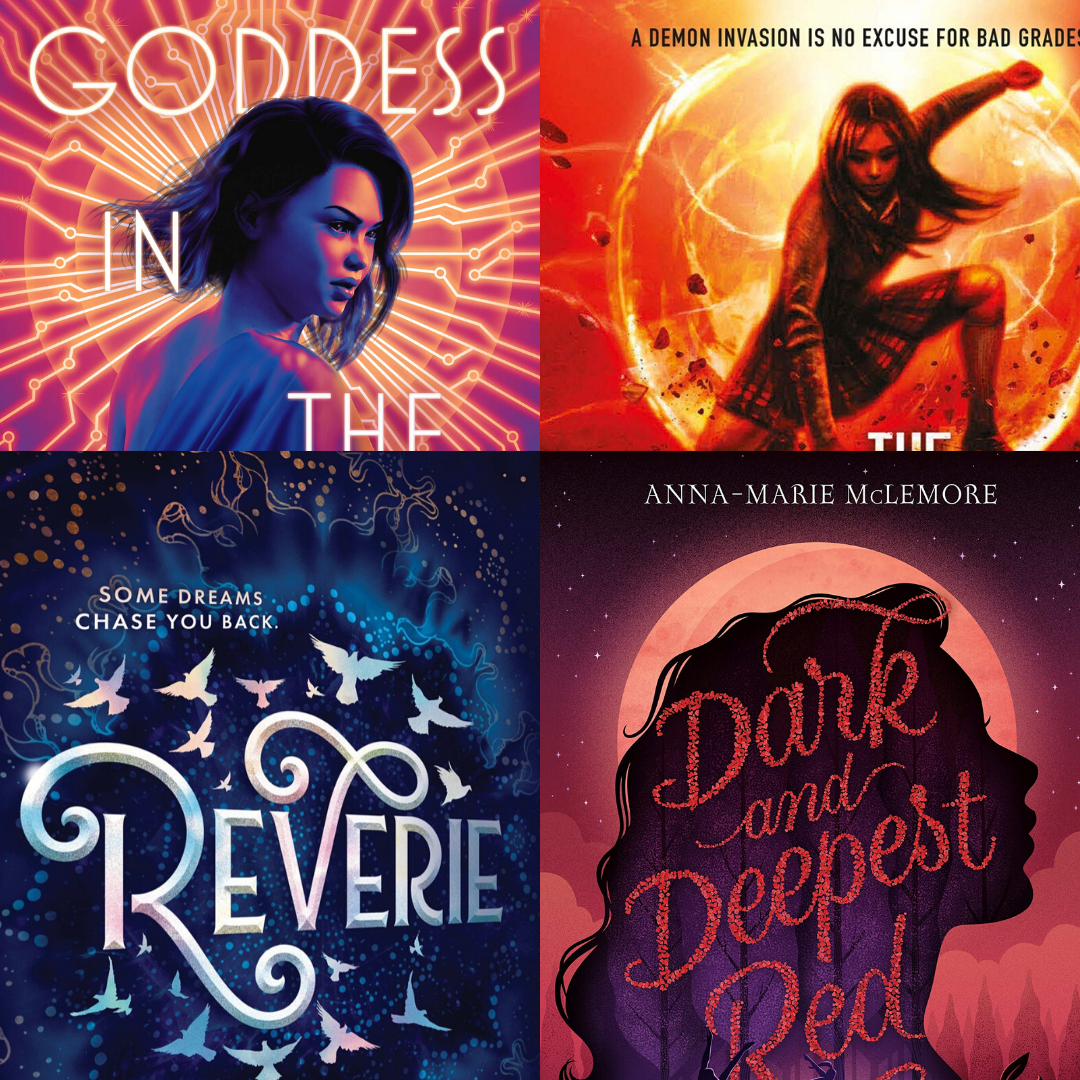Sunday Reflections: The Things We Won’t Buy, a Reflection on Generation Z, Conscious Capitalism, and “Cancel Culture”

I haven’t eaten at a Chick-Fil-A in over six years.
You see, CFA donates money to causes that actively fight against LGBTQIA+ rights. People I love are LGBTQIA+. And I believe in human rights. So I don’t buy their food because I understand that they will use the money they make on the food I buy to hurt people I love. If I were to suggest going to CFA, my teenage daughter would disown me.
Last year I also cancelled Hulu, Amazon Prime and Disney+. I stopped shopping at certain stores, I changed my cell phone plan and I’m looking at changing my bank. I made these changes because I believe in human rights for all and support democracy. I have actively sought out the names of businesses that have donated to elected representatives that have supported the insurrection and will be avoiding them.
ADVERTISEMENT
ADVERTISEMENT
I closed my Facebook and Instagram account.

I just can’t give my money to businesses or people who are going to use that money against me, the people I love, or the things that I believe in. I love my daughters and I want to spend my money in ways that will make the world a better, a safe, place for them.
I believe that racism, hatred, and bigotry is evil, immoral and unethical. I believe that hatred harms us all. As does poverty.
I believe that love is love.
I believe that every human being has the same inalienable rights as I do.
I believe that every vote matters. As do facts. And truth. And justice.
And I spend my money in ways that help shape the world in ways that I feel support those beliefs. And I was taught all of this by my teenage and pre-teen daughters. They practice what they call ethical consumerism and the industry calls Conscious Capitalism. Before my daughter buys a face wash, puts a tint on her lip, or walks through the door of a fast food place, she researches the very clear ethical impact of making that purchase. She is not alone in her generation.
“Conscious capitalism is even more important to younger consumers.” https://hbr.org/2020/12/could-gen-z-consumer-behavior-make-capitalism-more-ethical
Which brings me to the discussion about “Cancel Culture”
Over the years, but especially recently, there has been a lot of discussion about Cancel Culture, this idea that people are being cancelled because they express a belief we don’t like. Typically people who identify as conservative accuse those who identify as liberal or left leaning as being guilty of this, though that is a false claim. Arguably the biggest example we would have in the last few years of so called “Cancel Culture” is Colin Kaepernick. You may remember him, he’s a Black man who wanted to protest police violence against the Black community by taking a knee during the national anthem and hasn’t worked in the NFL since.
Or let’s go even further back to the presidential years of one George W. Bush and a country group then known as The Dixie Chick, though they now go by The Chicks. They made a statement that they were ashamed that Bush was from Texas and were no longer played on country radio. They got death threats. Their hit song Not Ready to Make Nice (which my girls love, by the way) talks about how they got death threats from perfect strangers.
Recently, Senator Josh Hawley, who refused to vote to accept the state certified election results and arguably contributed to the recent violent insurrection at the Captiol, had his book contract cancelled. He is claiming that he is a victim of cancel culture, though I assure you there was a morality clause in his contract that explicitly states he could be dropped for any myriad of reasons.
This past week actress Gina Carano was fired from the popular Disney+ show The Mandolorian after sharing anti-trans and anti-semitic posts on social media. Disney released a statement saying her posts were abhorrent. Hawley and Carano join the chorus of conservative leaning individuals who claim that “Cancel Culture” is a thing. What they are seeing, however, is both consequences for their actions and the natural effects of free market capitalism. This is what at will employment and the free market looks like.
People like me choose every day where they will and won’t spend their money. That affects the bottom line of businesses everywhere. And they then choose whether to continue on that same path or to change course. That’s how this system is designed to work. It’s the same system at work when conservatives call for a boycott of Starbucks or Target or Nike. We vote every day with our dollars. And millennials and Gen Z are very much into conscious capitalism.
“Ultimately, millennials don’t see their buying habits and investments as passive decisions. They see them as an active expression of the ideals and ethics that they value most.” – https://www.theguardian.com/bank-australia-coming-clean/2019/sep/27/how-millennials-are-driving-the-rise-of-conscious-capitalism
It’s important to remember, here, what’s at stake. For Black people, they are literally asking not to be killed by systemic racism; to be valued and respected and to be afforded the same human and legal rights as white people. For the LGBTQIA+ community, they just want the right to marry the people they love so they can be afforded the same benefits, including the ability to sit with their loved one as they die in the hospital and to have the health insurance to pay for that care. For transgendered individuals, they just want to live and love and literally not be killed. For women, they want the right to have full bodily autonomy including the right to live and work without harassment, the right to make their own medical decisions, and the right to, again, not die. Jewish people, Muslim people and people with no or a non-Christian faith just want the right to practice their faith and not be governed by a religion that isn’t theirs. They also don’t want to die.
People from marginalized groups want to not die. For many people, these are literally life and death decisions. It’s fighting against systemic oppression that often results in the death of those that are being oppressed.
“A study conducted by Harvard Business Review found that young consumers prefer to shop from brands and companies that are socially conscious. Dubbed “conscious capitalism,” this shift in consumerism is being tipped by Gen Z, who are aging to be the largest group of consumers in the U.S. Their passion for activism and social justice issues has led to companies like Netflix to publicly shift their funds to meet those needs. ” – https://bleumag.com/2020/12/15/gen-z-consumerism/
So it makes sense that they and the people who love them aren’t willing to invest their money in people, places or things that might, in fact, lead them to death. That means not supporting people or businesses who you know will take that money and invest it in ways that might harm them. You don’t want to pay your oppressors to oppress you, to pay your killers to kill you.
I wish that I could say that businesses fire people because they understand it is the moral and ethical thing to do, that they care about human rights and democracy. But more often than not, it’s just a financial business decision. It’s not good business practice to invest in people who are going to make you lose business. That is how this thing called free market capitalism works.
ADVERTISEMENT
ADVERTISEMENT
I cancelled my Disney+ subscription in part because of Gina Carcano and her hateful rhetoric towards transgender individuals and in part because I learned that they had donated large sums of money to the Twice Impeached Former President who incited an insurrection at the Capitol that sought to assassinate the Vice President, Speaker of the House and members of Congress. Both of those things are unacceptable to me and I didn’t want them to use my money to destroy the very democracy that I had promised my children made our country so great. I didn’t want to give Disney money that they would then use to hurt my children.
That is a choice I get to make.
And Disney fired her because she was making them lose business.
That is a choice they get to make.
That’s how this works.
The flip side to this is that even though I care not a single iota about sportsball or Nike, when Nike hired Kaepernick as a spokeperson, I took my girls out and had them buy a lot of Nike stuff. For the record, that stuff is expensive. But I wanted to support a cause I believe in and I voted with my dollars.
Again, that’s how this works.
“As a recent Forrester Research report points out, Gen-Z is increasingly scrutinizing both institutions like governments and police as well as brands. Gen-Z leads its own charge for social justice, and wants more transparency about the brands it supports with its buying power. And there does not appear to be any going back to old ways.” – https://www.forbes.com/sites/jefffromm/2020/09/30/on-ben-and-jerrys-gen-z-and-social-justice-how-2020-has-changed-branding-forever/?sh=4550ec046a66
I can’t control the hate in people’s hearts, but I can choose not to spend my money in ways that allow those people to hurt me and the people I love. So I do. Teens today are very social justice oriented and they understand that they have economic power, which they are leveraging. That’s how the system is designed to work and they are using that power to help create the world they want to live in, and to protect their rights.

I’m trying to vote every day for human rights and democracy in the ways that I spend my money. Now if you’ll excuse me, I have to go run to Starbucks and stop and buy some Ben & Jerry’s, because my oldest teen just came in and told me she learned that they both support women’s rights and Planned Parenthood so we should go for a Starbucks run. I’m not mad about it.
Note: The terms ethical consumerism, conscious capitalism and sustainable retail are all important to Gen Z. Read more:
Filed under: Teen Issues
About Karen Jensen, MLS
Karen Jensen has been a Teen Services Librarian for almost 30 years. She created TLT in 2011 and is the co-editor of The Whole Library Handbook: Teen Services with Heather Booth (ALA Editions, 2014).
ADVERTISEMENT
ADVERTISEMENT
SLJ Blog Network
The Moral Dilemma of THE MONSTER AT THE END OF THIS BOOK
Cover Reveal and Q&A: The One and Only Googoosh with Azadeh Westergaard
Winnie-The-Pooh | Review
Parsing Religion in Public Schools
ADVERTISEMENT







